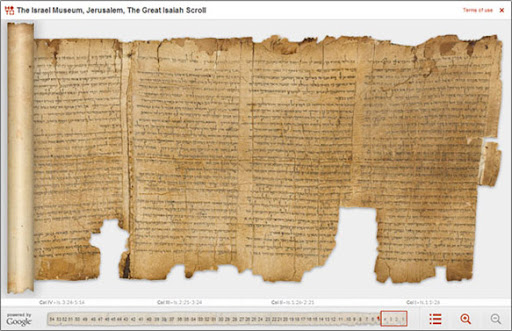What Caused the Three Hour Darkness at Jesus’ Execution? – An Eclipse?

“Now from the sixth hour there was darkness over all the land until the ninth hour”—Matthew 27:45 ESV
“And when the sixth hour had come, there was darkness over the whole land until the ninth hour”—Mark 15:33 ESV
“It was now about the sixth hour, and there was darkness over the whole land until the ninth hour”—Luke 23:44 ESV
Starting right in the middle of the day, when the sunlight is the very brightest, from about noontime until about 3 PM, on the day Jesus was executed, a mysterious darkness covered “the whole land” (Greek, “ge”), meaning Jerusalem and the surrounding area of Judea. Three extra-Biblical ancient historians, Thallus, Phlegon, and Africanus, also mentioned this three hour period of darkness in their writings
 “The vision which Isaiah, son of Amos, saw concerning Judah and Jerusalem in the days of Uzziah, Jotham, Ahaz and Hezekiah, kings of Judah”—
“The vision which Isaiah, son of Amos, saw concerning Judah and Jerusalem in the days of Uzziah, Jotham, Ahaz and Hezekiah, kings of Judah”—